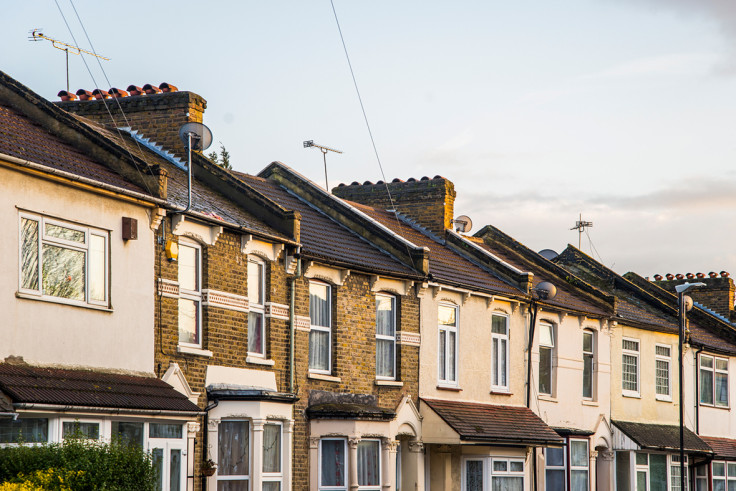House prices end 15-month run of growth amid Brexit uncertainty
There was zero growth in house prices month-on-month in the UK during September, says Nationwide.

Fifteen consecutive months of house price growth in the UK has come to an end, according to Nationwide.
The average UK house price was unchanged in October when compared to September. Though prices are still growing on an annual basis, up 4.6% when compared to October 2016, the rate slowed from September's 5.3%. The average price was £205,904.
"While the economic outlook is uncertain, solid labour market conditions and historically low borrowing costs should provide support to buyer confidence," said Robert Gardner, chief economist at Nationwide.
"Moreover, the relatively low number of homes on the market and modest rates of housing construction are likely to keep the demand/supply balance fairly tight, even if economic conditions weaken in the quarters ahead, as most forecasters expect."
A number of factors have weakened the housing market in recent months. These include tax hikes on property investors, uncertainty surrounding Brexit, and affordability concerns for first-time buyers after years of sharp house price rises fuelled by persisting short supply. Regionally, house price growth varies. It has been much stronger in London and the south-east, and slower in parts of the north.
House prices will grow by just 0.5% on average in the UK during 2017 as Brexit uncertainty dampens the market, says a forecast by JLL, a property firm. And in the following year, prices will rise by just 1% on average.
Britain voted to leave the EU in a referendum on 23 June. The formal Brexit process will take two years, but only begins when the government invokes Article 50 of the Lisbon Treaty, which it has said it will do by March 2017. It remains unclear what the post-Brexit relationship will be between the UK, EU, and single market, creating financial and economic uncertainty.
The government is targeting the construction of a million new homes by 2020, but current construction rates fall well short of this target. There were just 142,390 completions in England and Wales in 2015, according to figures from the Department for Communities and Local Government.
© Copyright IBTimes 2025. All rights reserved.






















